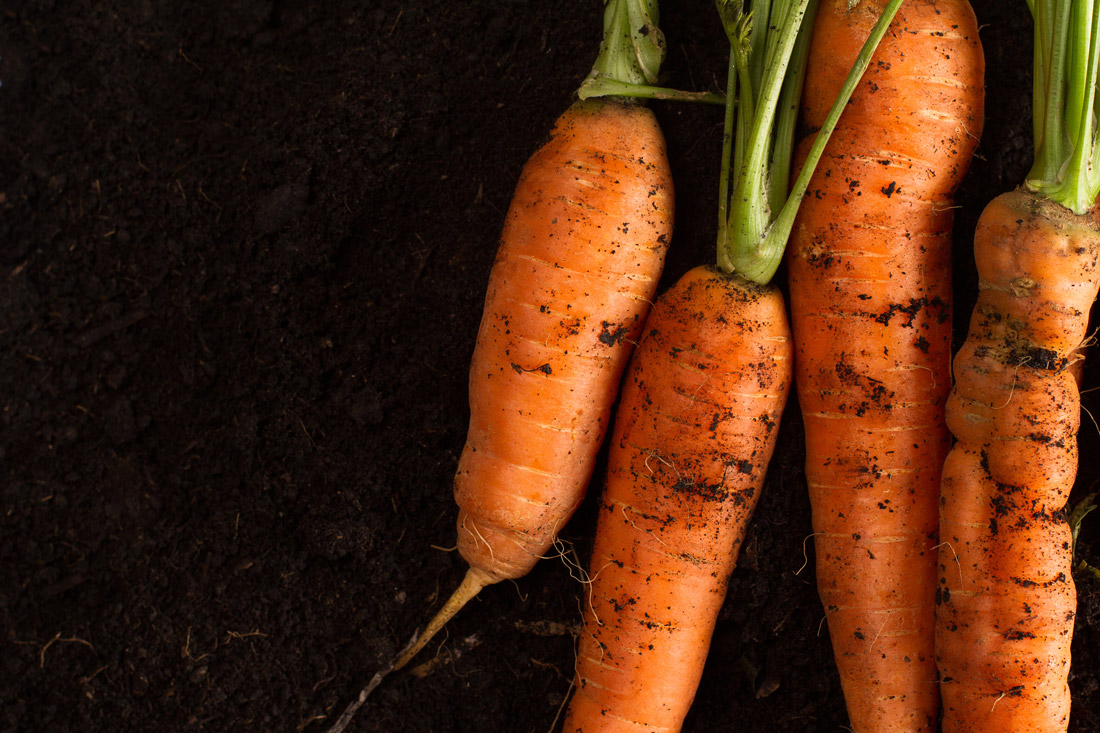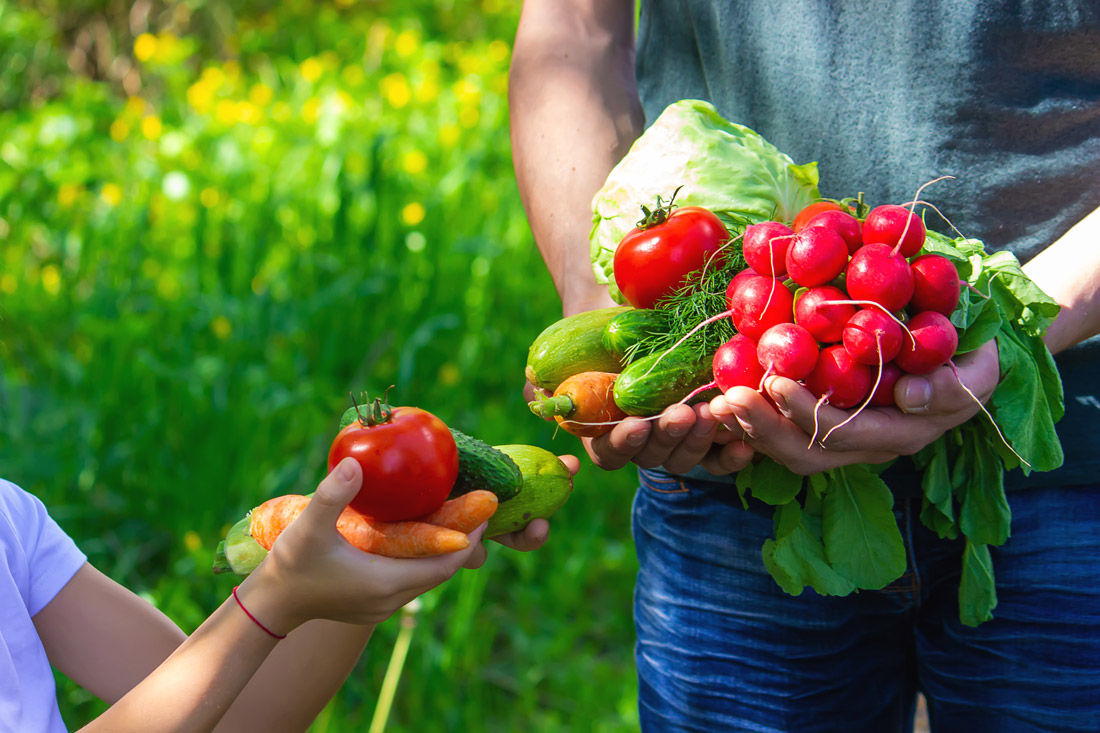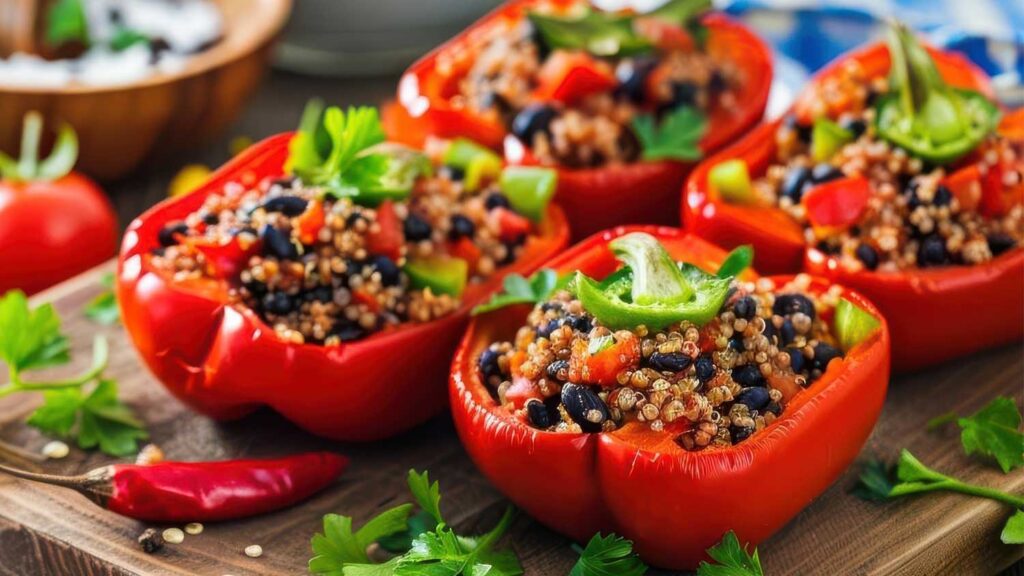There are many benefits that come from growing your own produce. Staying active, saving money and promoting a more nutritious diet all make the wait well worth it!
Tips for growing your own produce

Plant in raised beds with rich soil
This leads to better aeration and drainage that result in extra-lush, extra-productive growth. When the mix is just right, microorganisms within the soil will help feed your plants. Do some research on what you’re growing to make sure you have the appropriate soil.
Placement and location are key
Most vegetable-producing plants do best with at least six hours of sunlight a day. Also make sure to arrange the crops in triangles rather than rows. This allows you to comfortably fit more plants in each bed.
Do not use too much or too little water
Find the right amount—for most vegetable plants, one inch of water per week is ideal (including natural rainfall).
Do not over fertilize
Fertilizer can be beneficial for plants, but excessive amounts can harm the plant and its soil, ultimately leading to smaller yields.
Use companion planting principles when possible
Certain plant combinations are mutually beneficial. Take tomatoes and cabbage for example: Tomato plants naturally repel moth larvae that often chew holes in cabbage.
Benefits of growing your own produce

Eat better
When people grow their own food, they’re more likely to eat it. Plus, fresh food from a home garden is often more nutritious than store-bought varieties. Packed with vitamins, minerals and antioxidants, consuming home-grown food is a great way to make a healthy impact on your diet.
Reduce stress
Gardening is a good stress reliever and a great way to stay active. On top of the fresh air and sunshine, you also get some cardiovascular exercise.
Save money
Growing your own food can save you money. By spending a few dollars on the seeds and plants, you can produce pounds of fruits and vegetables to enjoy yourself and share with others.
Be greener
When you grow and consume your own food, you also reduce your environmental impact. Avoiding pesticides and herbicides decreases the burden of air and water pollution. Additionally, picking vegetables from your garden rather than going to the grocery store reduces pollution from fossil fuels and transportation.














